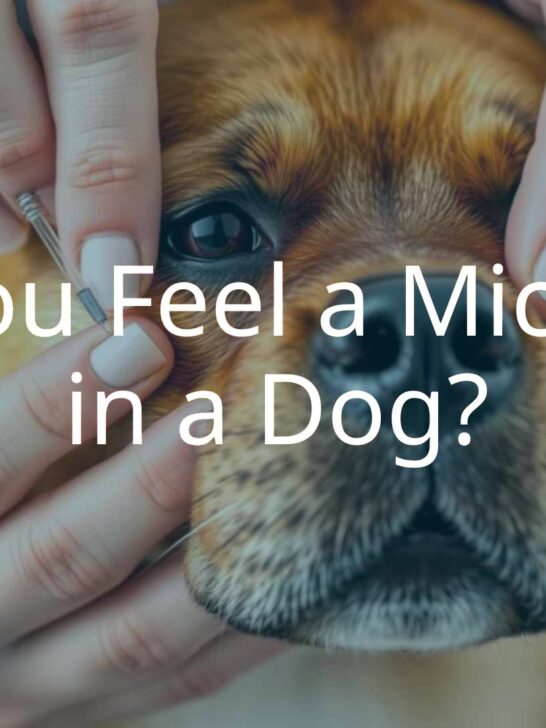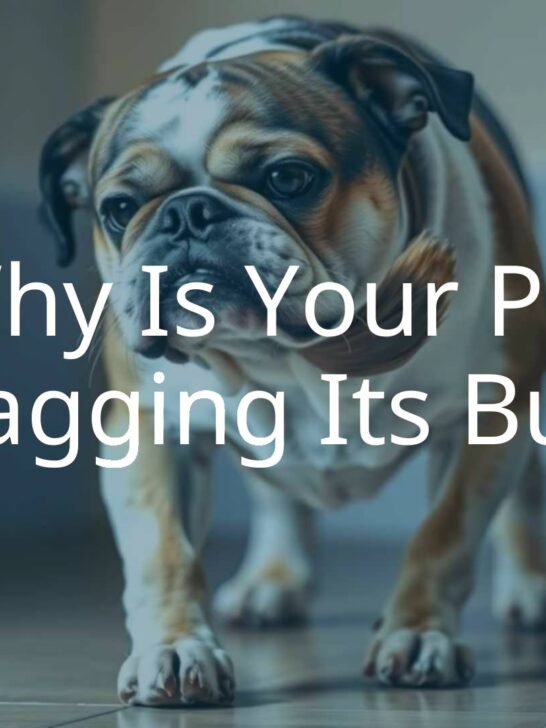The Total Guide To Family Breeding In Dogs. Can You Breed Sibling Dogs From Different Litters?
There are so many dogs prized for their characteristics, traits, and aesthetics, all of which come about over generations of keeping the genes within the breed. Some term it as inbreeding, others line breeding both are done to ensure that the most desirable traits of the parents are selected for the ‘perfect’ offspring.
Dog breeds came about from keeping the genes within the family. It came about from breeding closely related family members such as breeding a brother and sister, father and daughter, mother and son, etc.
This would be done in order to produce the most desirable offspring. However, research shows that breeding closely related dogs can lead to genetic complications and increased health risks.
Whilst we know of the concerns of breeding siblings from the same litter, can the same be said for breeding siblings from different litters? This post will give you the information you need on whether you can breed a sister and brother from different litters.

Why Do People Practice Inbreeding?
Inbreeding/ line breeding is a long withstanding practice that is done to help select desirable traits and characteristics from each parent to be passed on to the next generation.
Historically, inbreeding was done to maintain uniformity of sought after traits for a specific breeding type to ensure that desirable traits pass onto the next generation. This continues to be the key reason for inbreeding. Without it, certain breeds wouldn’t exist.
Inbreeding can be an effective way of breeding. If done successfully, the outcome will be a litter with all the desired traits. This will result in a highly desirable and highly sought after litter that others will be drawn to use for their own dog breeding purposes.
Another reason why inbreeding is practiced is the amount of time it saves. If you have a dog, finding the right mate, with the right traits and complementary features can take months.
This process involves extensive research into the history of the dog and its family to ensure that you are getting the match that you want. Mating siblings significantly reduces the time, money, and energy as the history of the dogs is already known and owners will already have in mind the feature they hope will be produced in their dogs’ offspring.
Knowing the dogs and their history also provides some peace of mind as the owner will, to some level, know what to expect.

Breeding Sibling Dogs From Different Litters
Whilst you can breed sibling dogs from different litters, it is advised against, as they are considered too close genetically. Whilst it is common for dogs to accidentally mate with their siblings due to them having a natural instinct to mate as soon as they reach sexual maturity, doing so could lead to mutations caused by a small gene pool.
Inbreeding siblings from different puppies may give you the perfect litter with all of your desired traits but it is undoubtable that there are profound risks that could come about as a result.
Although breeding from the same litter isn’t the same as breeding from the same litter, breeding in this way can still give rise to complex disorders and deficiencies as a hidden defect could continue to run down the gene pool, consequently another litter later on down the line.
Risks
Whilst inbreeding sibling dogs continues, it is not without its risks even if you breed them from different litters. Whilst you may hope your litter comes with all of your desired traits, it could possibly end up with all the negative traits, or worse, uncover hidden conditions and diseases.
Breeding a brother and sister from different litters can lead to diminished genetic diversity. As they are siblings, their genes are close. This can result in a reduced gene pool.
Whilst a reduced gene pool could result in the production of desired traits, it could also result in the production of negative traits, diseases, or illnesses from hidden recessive genes.
The result could be anything from a litter with physical defects, lower immune systems, increased mortality rate, or infertility problems.
The risk of a litter receiving known and unknown inherited traits, diseases, or disorders from breeding siblings from different litters is unknown and therefore risky.

Breeding a brother and sister from the same litter could also result in inbreeding depression.
The risk could be that the genetic lines’ ability to continue and thrive decreases. From examples in the animal kingdom, it has been shown that many animals tend to avoid mating with close relatives.
For example, hyenas will only mate with a female that is from a different pack. Historically inbreeding in a variety of species has led to reduced life expectancy or in extreme cases, extinction.
Could the litter turn out fine?
Hypothetically, you could breed sibling dogs from different litters and they could be absolutely fine and have all of the features and traits you had hoped for. Although there is a risk, there is also a chance that everything could be fine.
However, it’s important to be aware that even if your litter is fine, there could be hidden negative traits or conditions that will continue to pass on to later generations as a result of inbreeding.
Precautions
If you are thinking of breeding a brother and sister from different litters it is worth consulting a professional breeder or vet for further information and advice.
It is also worth noting that if you are a first-time breeder, breeding siblings should only be done if you have full genetic screening with extensive information that both dogs are completely healthy, with no history of hidden traits dating back several generations.
Takeaway
Inbreeding is a practice that will continue, whether you choose to breed your sibling dogs is completely up to you.
Now that we have given you all the information you need on whether you can breed your sister and brother from different litters, if you are thinking of breeding sibling dogs from different litters, it is worth taking into the information presented to help you make an informed decision.



















